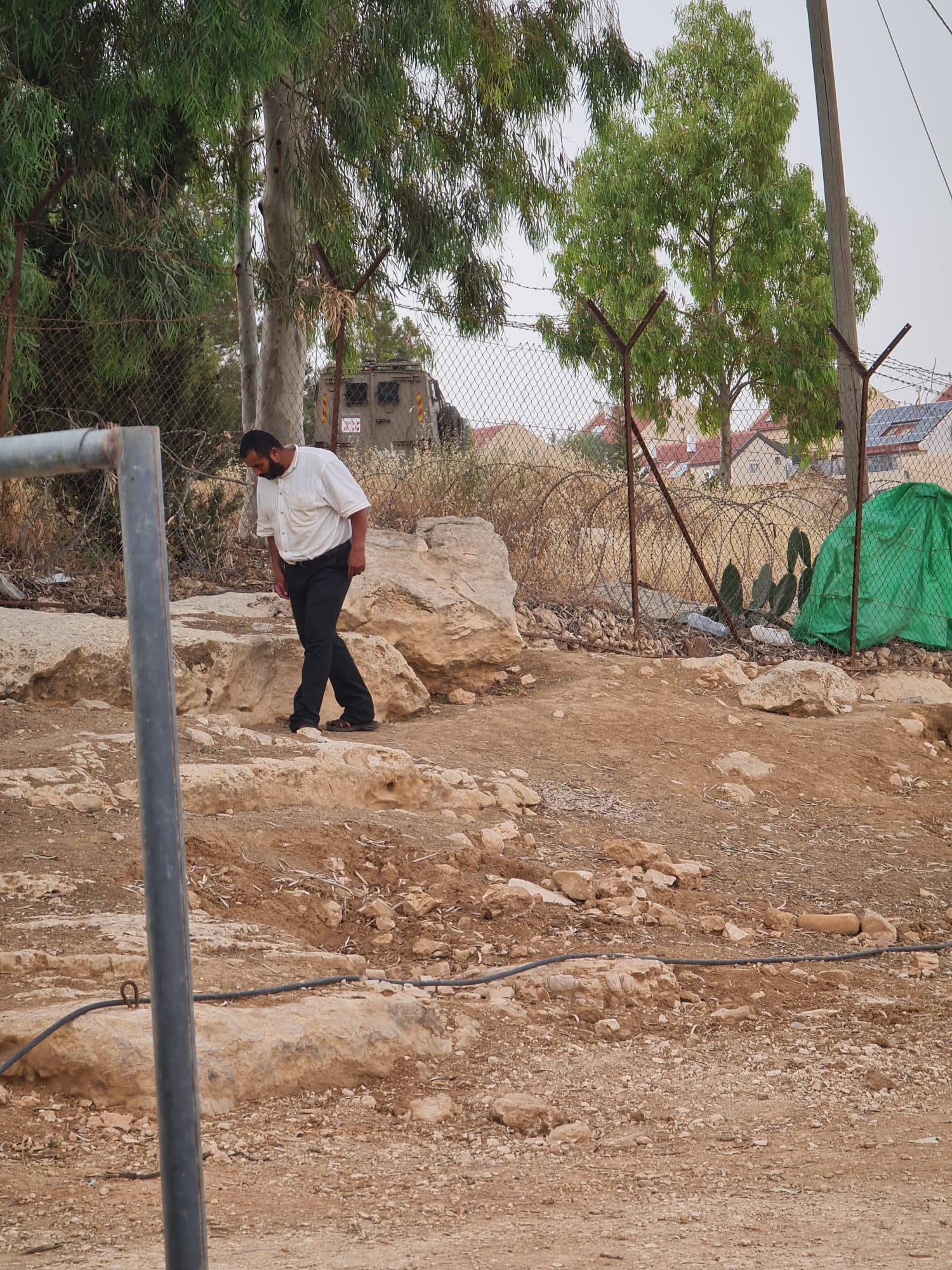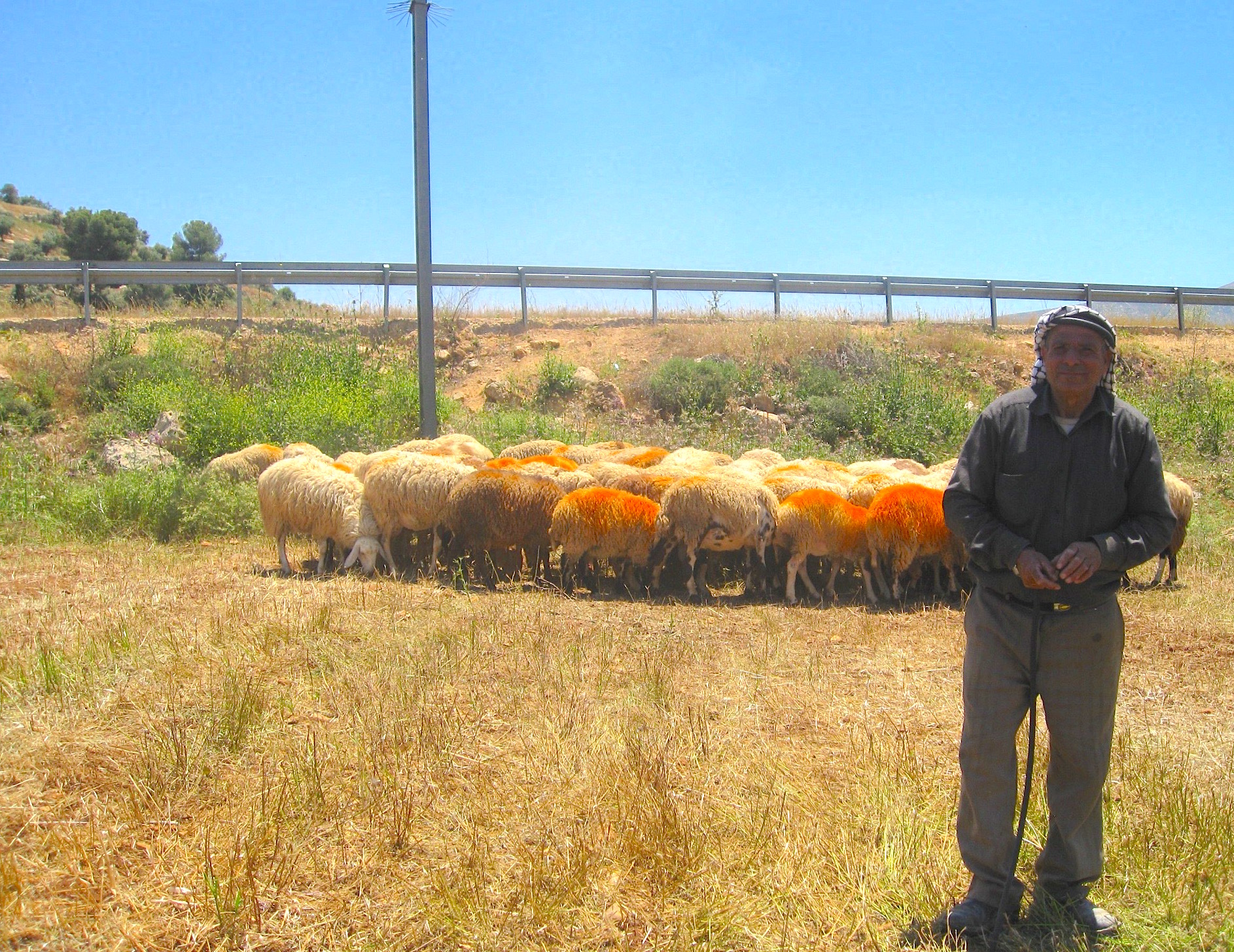Tag: shepherds
-
Revenge attacks in Masafer Yatta
16 October, 2023 | International Solidarity Movement | Masafer Yatta In the week since Israel began its onslaught on Gaza, soldiers and settlers have bulldozed homes, carried out night raids and attacked Palestinians across the Masafer Yatta region. Occupation forces have taken advantage of the state of emergency to escalate their violence and displacement…
-
UPDATE: Shepherds in Salem
7th May 2015 | International Solidarity Movement, Huwarra Team | Salem, Occupied Palestine Update 14th May: The wheat is not ready for harvest yet. The call for people to help the shepherds and farmers on their land is postponed until next Friday 22nd and Saturday 23rd. Please come in numbers as the Israeli forces are making…
-
South Hebron Hills – farming under occupation
27th April 2015 | International Solidarity Movement, Team Al Khalil | South Hebron Hills, Occupied Palestine Located in the tip of the West Bank, the South Hebron Hills are dotted with farming and shepherd communities. We are currently in the wheat harvest season and the children are spending their last few weeks at school before…



